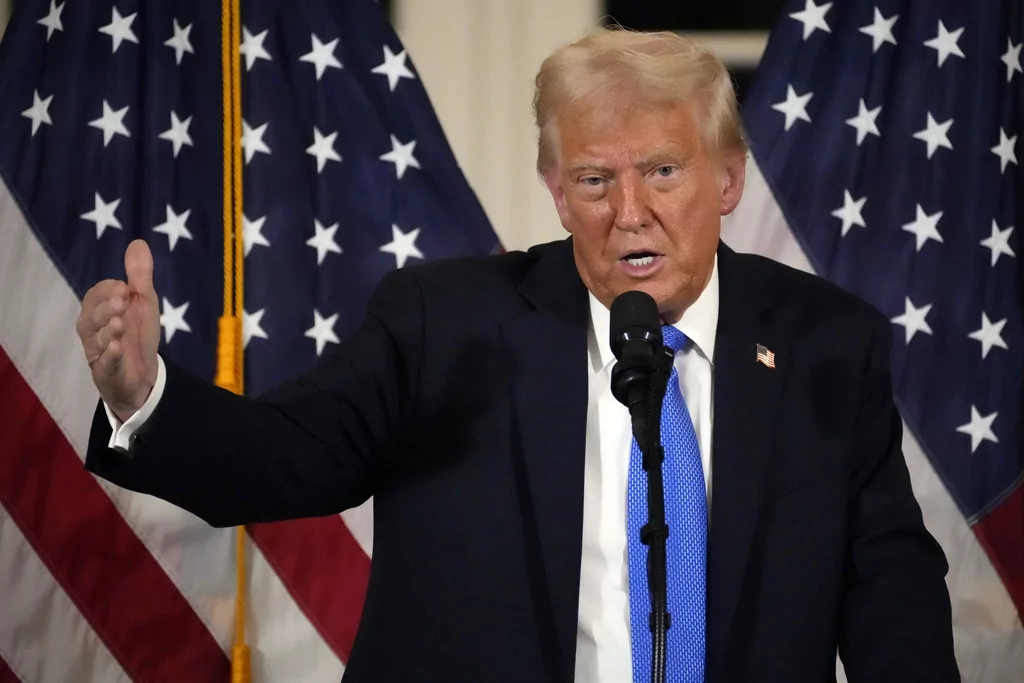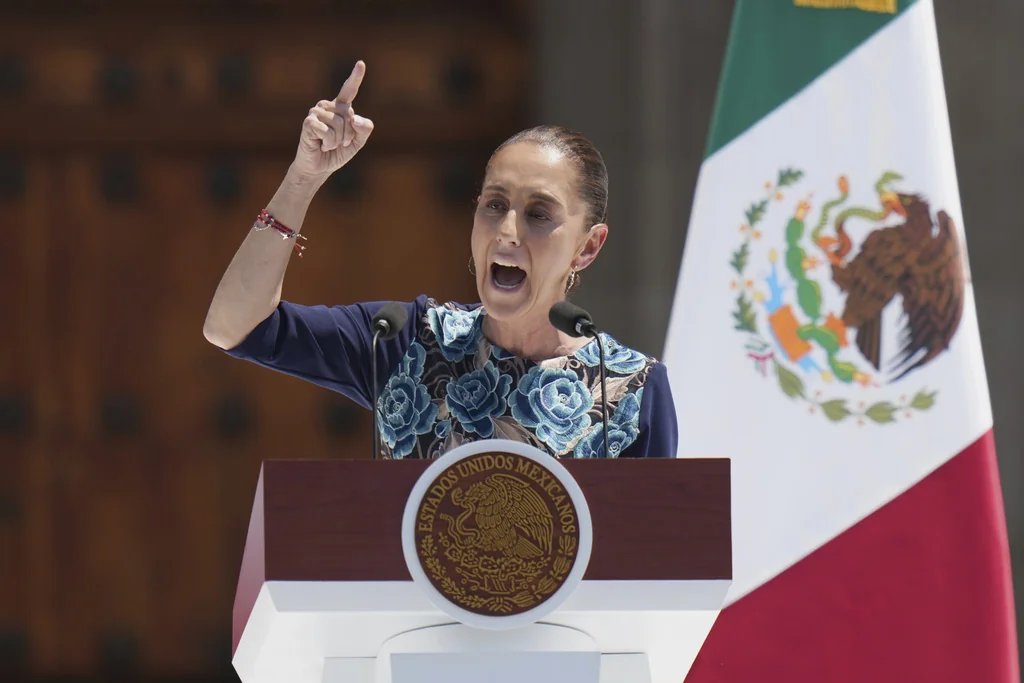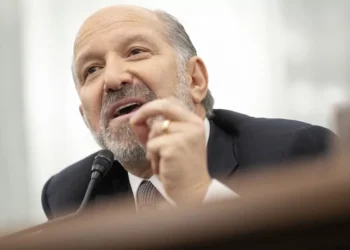President Donald Trump on Saturday announced he will be placing a 30% tariff on goods from Mexico and the European Union, marking a significant escalation between the United States and two of its biggest trade partners.
The tariffs come a day after POLITICO reported Canada is delaying its plans to impose retaliatory tariffs on the U.S. after extending the deadline to negotiate on trade while threatening higher tariffs.
The tariffs, which he posted on his social media platform, Truth Social, will go into effect on August 1.

The president has long claimed other countries are trying to rip off the U.S. and has said the tariffs would reset the playing field, though economists have argued that is not how tariffs work and that the costs would be passed onto U.S. importers and consumers.
Last year, trade between the U.S. and the EU totaled nearly $1 trillion. The U.S. and Mexico are linked via a trade agreement negotiated during Trump’s first term, with almost $840 billion in goods passing between them.
Mexico is also America’s largest source of imports.
The deadline for the tariff’s to go into effect are still three weeks, which may could the announcements are a negotiating tactic to gain leverage in ongoing talks.
In Trump’s letter to Mexico’s President Claudia Sheinbaum, he acknowledged that the country has been helpful with stemming the flow of fentanyl and undocumented migrants but said the country had not done enough to stop North America from turning into a “Narco-Trafficking Playground.”

“Mexico has been helping me secure the border, BUT, what Mexico has done, is not enough,” Trump wrote.
Earlier this year, Trump placed a 25% tariff on all Mexican imports, though he exempted goods that trade under the United States Mexico Canada Agreement, which meant that a lot of agriculture and other products, roughly 87%, would have been able to trade tariff free. It is unclear if the new tariffs will continue to include exemptions for goods that trade under the North American Trade Act.
Mexico’s economy minister, Marcelo Ebrard, claimed on Saturday that Trump would be sending letters to all world leaders announcing new tariffs as “part of the profound change in the United States’ trade policy.”
Still, there is hope the tariff is lowered by August 1, when it is supposed to go into effect, Ebrand said.
“Mexico,” he said, “is already negotiating.”
In Trump’s letter to Ursula von der Leyen, president of the European Commission, he said, “the United States of America has agreed to continue working with the European Union, despite having one of our largest Trade Deficits with you. Nevertheless, we have decided to move forward, but only with more balanced and fair TRADE.”
Von der Leyen said in a statement that the EU, a trading bloc of 27 nations that collectively make up the world’s third-largest economy, remains “ready to continue working towards an agreement” by next month’s deadline. She also warned that a 30% tariff on EU exports would hurt supply chains, businesses and consumers.
The EU “will take all necessary steps to safeguard EU interests, including the adoption of proportionate countermeasures if required,” she said.
Dan O’Brien, chief economist of the Institute of International and European affairs, claimed in an X post that a 30% tariff on European goods exported to the U.S. would have “a significant trade destruction effect.”
“The threat to meet any EU tariff retaliation with a further and equal percentage point increase in the US tariff highly provocative,” he added. “Chances of wider EU-US economic conflict have risen.”
Karin Karlsbro, a European Parliament member who sits on its international trade committee, described the tariff “deeply disappointing” and called on the EU to remain united following Trump’s tariff announcement.
“We will not give in to blackmail,” she wrote on X. “Tariffs are a tax on consumers & businesses,” adding that Europe must “not back down and make use of our toolbox if the US refuses a fair deal.”
ELON MUSK’S ‘AMERICA PARTY’ PROPOSAL — COULD IT WORK?
Brando Benifei, the chair of the delegation for relations with the United States at the European Parliament, went a step further and called on the E.U.’s executive branch to retaliate against Trump.
“Let’s immediately put on the table a series of new credible countermeasures on goods, services, and intellectual property rights that would take effect Aug. 1 without an agreement, and let’s no longer postpone those that are due to come into force next week,” Benifei told the New York Times.
















